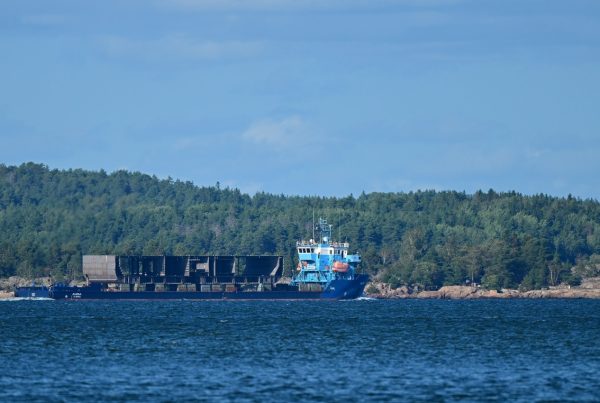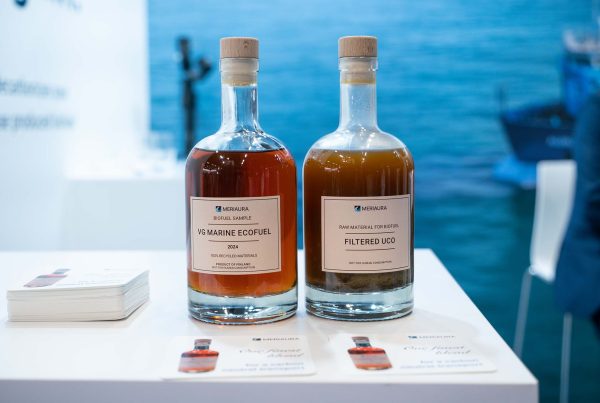Seafaring is demanding work – long periods away from home, a close-knit community, and routines that may at times be repetitive and then again sometimes physically very demanding. For many seafarers, meals are a refreshing highlight of long days, but also a cornerstone of well-being and team spirit.
Driven by our responsibility goals and feedback from the maritime personnel’s well-being survey, we finally launched our long-planned onboard meal development project in spring 2025. The aim of our new food and nutrition policy is to provide healthier, more diverse, and environmentally friendly meals on ships, helping to increase job satisfaction while promoting sustainable growth and aligning with our company values.
Food is not just nutrition, but also values, traditions, and emotions. It’s personal, and everyone has their own (strong) opinion about it.
In recent years, there has been a marked shift in food culture towards the adoption of more plant-based options. An increasing number of people are seeking to reduce meat consumption for health, environmental, or ethical considerations. While traditionally meals served on ships have often emphasised meat, a growing proportion of seafarers now express a preference for lighter, healthier, and more plant-based alternatives. On board, you can’t choose what you eat the same way as at home, and given that work is organised in alternating 5-week shifts in our company, Meriaura, meaning that you spend half a year onboard, the quality and variety of food provided on board is of significant importance.
We wanted to launch our new food policy effectively and on a broad scale while minimizing any expected resistance, so we consulted a nutritionist. We brought in Hanna Partanen—some may recall her from the MTV3 show ‘Olet mitä syöt’ that aired in 2005 and 2006—to support us. Hanna started by interviewing four of our employees to evaluate their eating habits and assess our kitchen setup. Using insights from these interviews, she developed an educational package about healthy eating, which we recorded as short videos at our office. We also created a website offering tips and guidance for both cooks and staff to make smarter choices. In addition, we cooked with Hanna and ship’s cook Gennadi aboard the deck cargo vessel Aura in real onboard conditions, which resulted in another great video.
Our food policy aims to broaden perspectives on healthy diets and sustainable choices, reduce meat consumption, and increase the availability of plant-based options. We work to reduce food waste by actively planning meals and encouraging creativity. Another important goal is to increase employee satisfaction with tastier, more diverse dishes.
In practice, this includes serving at least two vegetarian meals per week on ships (out of 14 total meals) and offering the crew’s “favourite meal” by request twice each month. We also focus on using more vegetables and fruits, as well as finding creative ways to reduce food waste.
The ship environment presents unique challenges for many things, and food preparation is no exception. Limited storage space and the availability of provisions affect what can be prepared and when. This is especially highlighted in the spot market, where vessels travel around Europe without fixed routes or schedules, sometimes on long sea voyages. That’s why planning and the creativity of the cooks play a key role in implementing the food policy. Frozen vegetables are often a lifesaver, and leftovers can be cleverly used in the following days. Communication between the captain, cook, and crew helps ensure everyone’s preferences are included – fostering a food culture where everyone’s voice is heard.
This article looked at the food policy from the office’s point of view. We hope to share insights about the project from the crew’s perspective in the near future.
Elina Mälkiä








